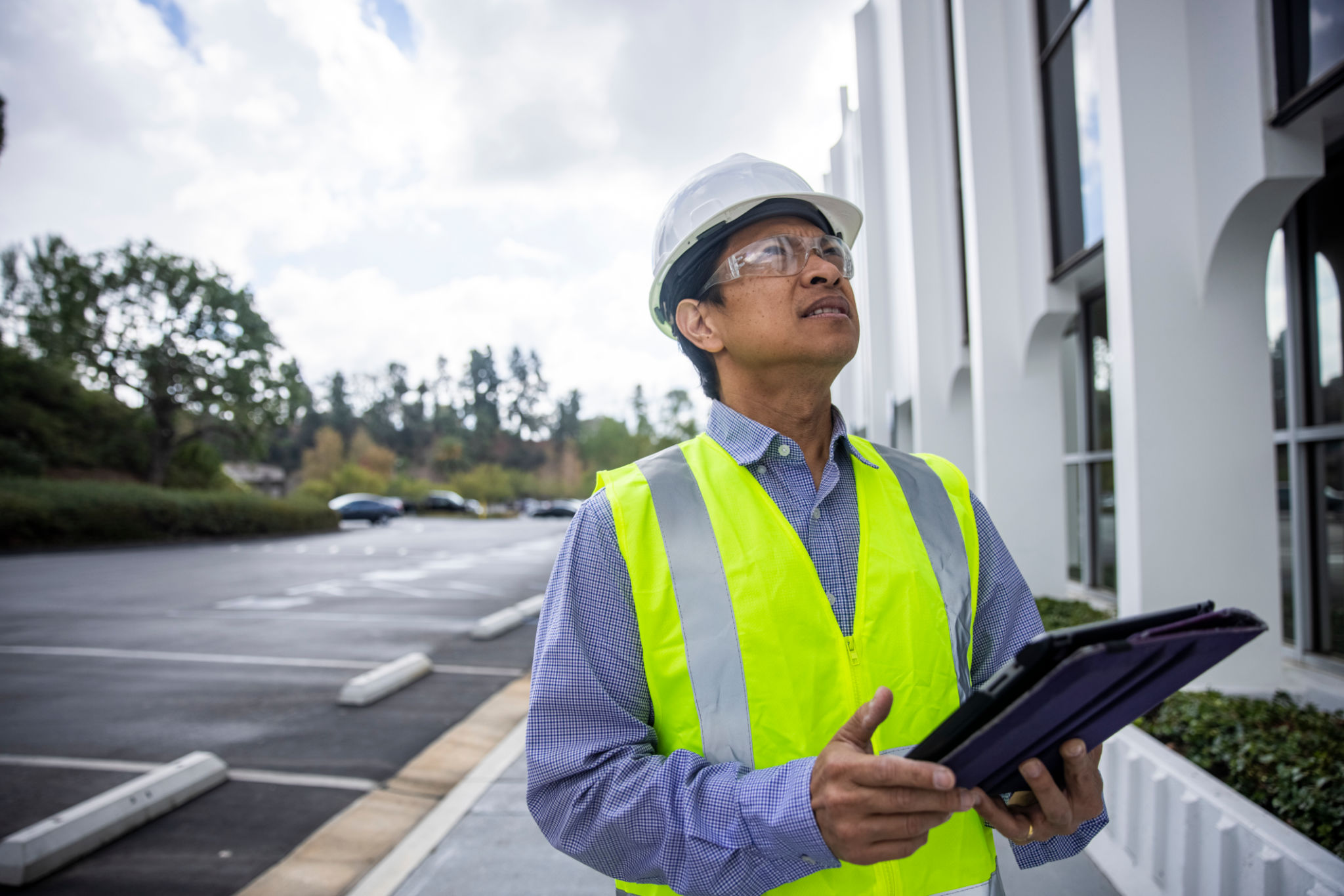Comparing Commercial Real Estate Maintenance Options: What to Consider
Understanding Commercial Real Estate Maintenance
Commercial real estate maintenance is a crucial aspect of property management that ensures the longevity and safety of your buildings. Effective maintenance not only preserves the value of your asset but also enhances tenant satisfaction and retention. There are various options available for managing these tasks, each with its own set of benefits and drawbacks.

In-House Maintenance Teams
Employing an in-house maintenance team can offer several advantages. These teams are typically more familiar with the property's unique needs and can provide immediate attention to arising issues. An in-house team also allows for better quality control and a consistent approach to maintenance tasks. However, the cost of salaries, benefits, and training can be significant, especially for smaller properties.
Pros and Cons
When considering an in-house team, it's important to weigh the following:
- Pros: Immediate response time, personalized service, direct control over quality.
- Cons: Higher overhead costs, potential for limited expertise in specialized areas.
Outsourcing to Professional Maintenance Companies
Another popular option is outsourcing maintenance responsibilities to a professional company. These companies bring specialized skills and resources that might be lacking in an in-house team. They often have access to the latest technology and industry practices, which can enhance efficiency and effectiveness in maintaining the property.

Advantages and Disadvantages
Here are some key points to consider when outsourcing:
- Advantages: Access to specialized expertise, reduced administrative burden, scalable solutions.
- Disadvantages: Less control over operations, potential for misaligned priorities.
Hybrid Approach
A hybrid approach combines elements of both in-house and outsourced maintenance strategies. This model allows property managers to retain control over critical operations while leveraging external expertise for specialized tasks. This approach can be tailored to meet specific needs and budgetary constraints.

Key Considerations
When implementing a hybrid approach, consider the following:
- Identify core tasks for in-house management.
- Select specialized services for outsourcing.
- Ensure clear communication and coordination between internal and external teams.
Technology-Driven Solutions
In today's digital age, technology plays a significant role in commercial real estate maintenance. Software solutions can streamline scheduling, track maintenance requests, and provide data analytics for better decision-making. Embracing technology can lead to more efficient operations and cost savings over time.
Benefits of Technology Integration
Consider these benefits when integrating technology into your maintenance strategy:
- Improved efficiency: Automated processes reduce administrative workload.
- Enhanced tracking: Real-time data provides insights into property performance.
- Better communication: Facilitates seamless interaction between tenants, managers, and maintenance teams.
Conclusion
Deciding on the best maintenance strategy for your commercial real estate involves careful consideration of your property's specific needs, budgetary constraints, and long-term goals. Whether you choose an in-house team, outsourcing, or a hybrid model, it's essential to prioritize quality and efficiency to ensure the continued success of your property investments.